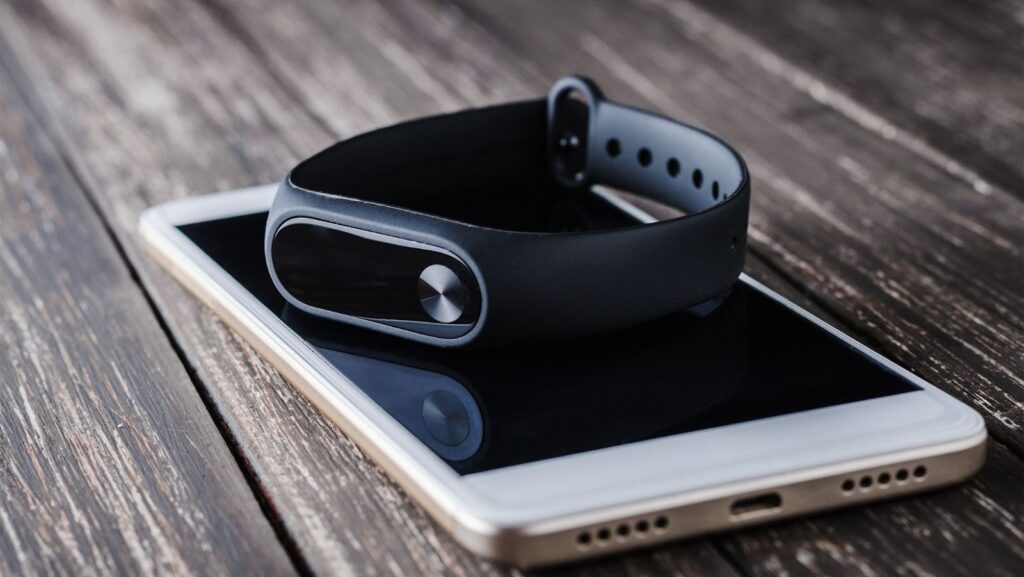A lot of people seem to think that Fitbit calorie tracking is 100% accurate, but that’s not really the case. While it can be a helpful tool for estimating how many calories you’ve burned, there are some things to keep in mind if you want to use it to its fullest potential. Here are a few tips for getting the most out of your Fitbit when it comes to tracking calories.
How Fitbit calorie tracking works
Fitbit is a popular activity tracker that uses sensors to track your movement and calorie burn throughout the day. The device syncs with an app on your phone, where you can view your progress and set goals. One of the key features of Fitbit is its calorie tracking capabilities. The device uses an algorithm to estimate the number of calories you’ve burned based on your activity level and heart rate.
You can also use the app to log the food you eat, which is then used to calculate your net calorie intake for the day. This information is useful for people who are trying to lose or maintain their weight, as it can help them to create a calorie deficit or surplus. However, it’s important to remember that Fitbit’s calorie estimates are just that – estimates. If you’re concerned about accuracy, it’s best to consult with a registered dietitian or nutritionist.
What the numbers mean and how to use them
The number of calories you see in the Fitbit app is an estimate of the total number of calories you’ve burned in a day. This includes both your basal metabolic rate (the amount of energy your body burns at rest) and the calories you’ve burned through physical activity. The app will also show you a breakdown of the different types of activities that contributed to your calorie burn, as well as the duration and intensity of each activity. This information can be useful for helping you to create a more balanced workout routine.
The benefits of using a Fitbit to track calories
For many people, trying to lose weight can be a frustrating and fruitless endeavor. Counting calories is one way to help take the guesswork out of weight loss, and a Fitbit can be a valuable tool in this process. Fitbits track a person’s steps, heart rate, and other health metrics, and they also offer the option to log food intake and water consumption. This information can be helpful in understanding how many calories are being burned throughout the day and how many are being consumed. Additionally, Fitbits provide encouragement and motivation by tracking progress and helping to set goals. For people who are serious about losing weight, a Fitbit can be a valuable asset.
how accurate are fitbit calories
According to a study conducted by Stanford University, Fitbits and other fitness trackers are generally accurate when it comes to counting steps and tracking heart rate. However, the study also found that they tend to underestimate the number of calories burned during exercise. This is because they don’t take into account factors like body weight, intensity of activity, and age. As a result, people who rely on fitness trackers to count calories may end up consuming more than they realize. However, the study also found that the underestimations were fairly small, averaging around 27 calories per session. So while Fitbits may not be perfect, they can still give you a good idea of how many calories you’re burning.


More Stories
The AI Revolution in Forex: How Predictive Analytics are Redefining Trading Strategies in 2025
4 Ways Your Business Can Take Advantage Of Cloud Computing
Fitness tracker buyer’s guide